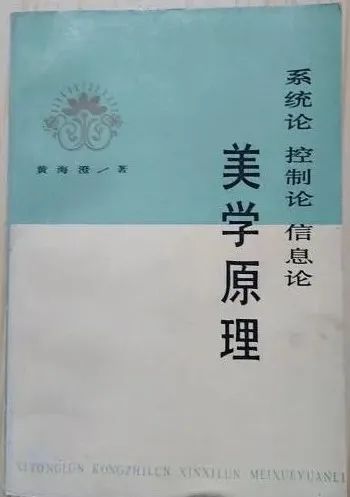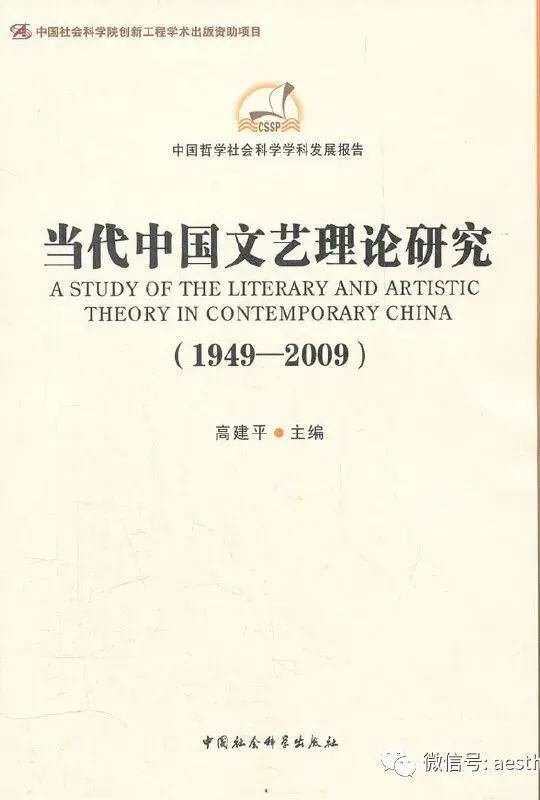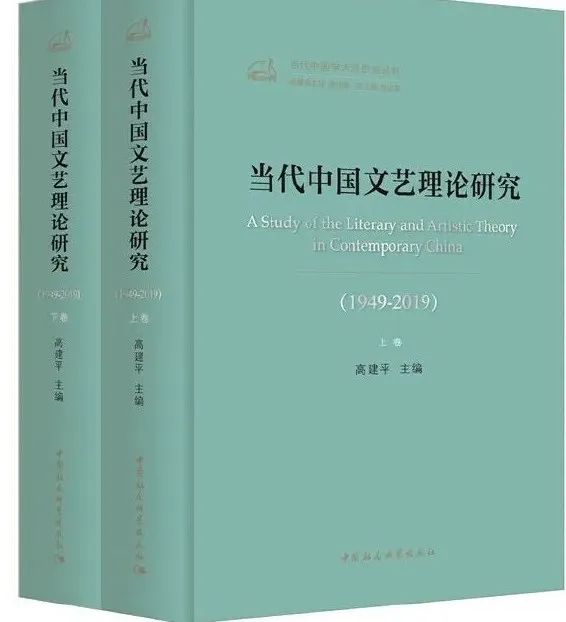Mr. Gao Jianping’s speech at “High-end Academic Seminar on the Construction of New Liberal Arts and the Methodology of Arts Studies & the 65th Anniversary of Mr. Huang Haicheng’s Scholarship”
Dear Mr. Huang Haicheng, leaders and teachers of Guangxi Academy of Arts, friends from academia:
It is a great honor to represent the Chinese Society of Aesthetics and the Chinese Society of Chinese and Foreign Literature and Art Theory to express my heartfelt thanks and high respect to Mr. Huang Haicheng, who has served as the director of these two societies and has made important contributions.
I first came into contact with Mr. Huang Haicheng’s works in 1986. From the beginning of 1982 to the end of 1984, I followed Mr. Bao Chang to pursue a master’s degree in Tianjin. From 1985 to 1988, I just graduated and stayed in school. Under the leadership of Mr. Bao Chang, I compiled a Dictionary of New Terms of Literature and Art with several classmates. At that time, in order to compile this book, I read many articles by important scholars in academia. Edit, organize, and rewrite the content of the article according to the prescribed style. At that time, Mr. Huang Haicheng’s articles and works, especially his works on scientific methodology such as cybernetics, information theory, and systems theory, left a deep impression on me. The process of compiling entries was a very good learning process for us back then.
After that, on the 60th anniversary of the founding of the People’s Republic of China, I was commissioned by the Academy of Social Sciences to edit a “Research on Contemporary Chinese Literature and Art Theory (1949-2009)”. Therein arises the question of how to deal with the new methodological discussions of the mid-1980s. From 2007 to 2008, when this book was compiled, there was a public opinion in the academic circle that denied the 1980s, and there was a kind of irresponsible remarks about the academic atmosphere of that year that was divorced from its specific era. In the face of the various debates at that time, my attitude is: first, the discussion of the new methodology has the value of the times to break through the rigid literary and art theory and criticism mode that was popular before. Second, the new methodology corrects the one-sidedness brought about by the social criticism limited to literature at that time, and analyzes it from the text of the work, which has the orientation of correcting deviations in method. Third, this kind of interdisciplinary research has opened up the space of literary research, which is open, enlightening and emancipating the mind. At my insistence, this chapter was added to that book. I invite my junior brother, Mr. Bao Chang and Mr. Jiang Dongfu’s disciple Liu Shunli to write it.
When it comes to the 70th anniversary of the founding of the People’s Republic of China, the Academy of Social Sciences will republish and update this book, and change it to “Research on Contemporary Chinese Literature and Art Theory (1949-2019)”. In the chapter on “New Methodology”, I asked my student An Jing to make a lot of revisions and additions. Over time, we have become more meaningful to this discussion of the year. In the past few years, science and technology can no longer be understood as merely providing methodological inspiration for the study of literary theory. Including the development of the Internet, artificial intelligence, biotechnology, research on physiological psychology, research on anthropology, and other disciplines have become an important force in promoting the development of literary and literary theory research. On the basis of revising the original chapter on new methodology, we added another chapter on new media, and commissioned Professor Chen Dingjia, who had been studying in Guangxi, to write the book.
At present, the construction of new liberal arts and new art disciplines is in the ascendant, and interdisciplinary research has attracted widespread attention in the academic circles. The path pioneered by many predecessors and scholars, including Mr. Huang Haicheng, is becoming more and more broad after the efforts of generations. What our generation has to do is to take over the careers created by the older generation, make achievements, build a better platform, and lay a better foundation for future research.
For Mr. Huang Haicheng, I have a special admiration and envy for the fact that he brought out a group of outstanding students. These students, as the famous “new army” of Guangxi in the field of literature research, have already grown into the pillars of the academic circle. I would like to pay tribute to Mr. Huang for his great accomplishments in education!
Thank you Guangxi Art Institute for hosting this event! I wish Mr. Huang a long and healthy life! May you all take care during this pandemic! May our common cause of aesthetics and literary theory thrive and flourish!



